composting in the fall/winter
ynot
10 years ago
Related Stories

GARDENING GUIDESGarden Myths to Debunk as You Dig This Fall and Rest Over Winter
Termites hate wood mulch, don’t amend soil for trees, avoid gravel in planters — and more nuggets of garden wisdom
Full Story
GARDENING AND LANDSCAPINGFall Checklist: 8 Ways to Winterize Your Patio
See how to get your deck or patio ready for cold, wet weather — and keep things in good shape for next spring
Full Story
GARDENING GUIDESGet on a Composting Kick (Hello, Free Fertilizer!)
Quit shelling out for pricey substitutes that aren’t even as good. Here’s how to give your soil the best while lightening your trash load
Full Story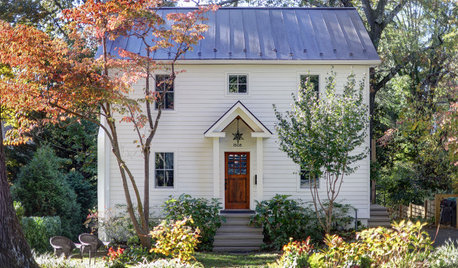
FALL GARDENINGMake This Fall’s Garden the Best Ever
Learn the most important tip for preventing buyer’s remorse, plus get more valuable buying and planting advice
Full Story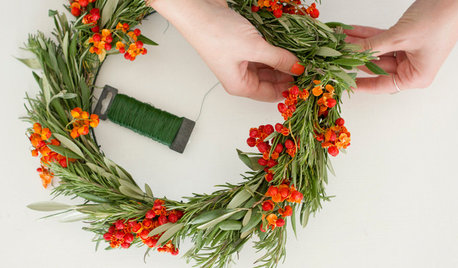
DIY PROJECTSMake a Sophisticated Natural Wreath for Fall and Winter
Rosemary, olive leaves and bittersweet berries combine in an inviting decoration that will last through the holiday season
Full Story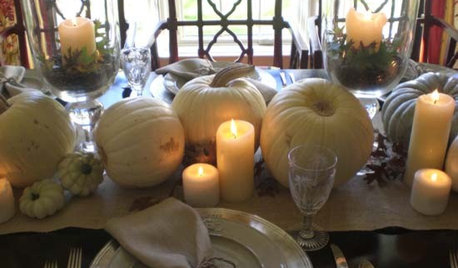
Hurricanes Turn Candles Into Elegant Fall and Winter Décor
Add height to a centerpiece or vignette with the glow and shine of these tall glass candleholders
Full Story
UPHOLSTERYFabric Focus: Cozy Up to Fall and Winter With Wool Decor
Environmentally friendly, durable and insulating, wool is an all-around good pick for home furnishings
Full Story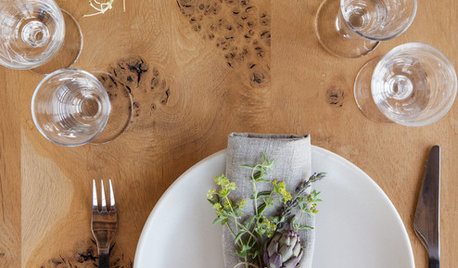
DECORATING GUIDESDecorating With Nature in Fall and Winter
Bringing the beauty of the changing seasons inside is easy and inexpensive. Here are 16 ideas to get you started
Full Story
DECORATING GUIDESPile On the Pillows and Blankets for Fall and Winter Warmth
Learn how to layer sofa accents to get the most comfortable feel without sacrificing style
Full StoryMore Discussions






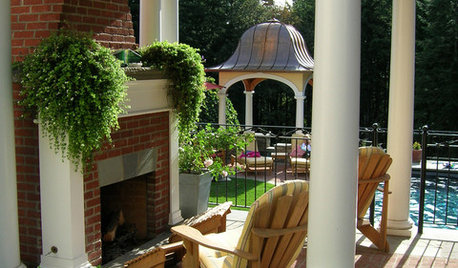


toxcrusadr
lazy_gardens
Related Professionals
Bellflower Landscape Architects & Landscape Designers · Birmingham Landscape Architects & Landscape Designers · Cottonwood Landscape Architects & Landscape Designers · East Rancho Dominguez Landscape Architects & Landscape Designers · North New Hyde Park Landscape Architects & Landscape Designers · Signal Hill Landscape Architects & Landscape Designers · Wareham Landscape Architects & Landscape Designers · Garden City Landscape Architects & Landscape Designers · Bell Gardens Landscape Contractors · Harvey Landscape Contractors · East Norriton Landscape Contractors · North Hills Landscape Contractors · Ankeny Decks, Patios & Outdoor Enclosures · Greendale Decks, Patios & Outdoor Enclosures · Saint Louis Park Decks, Patios & Outdoor EnclosuresKimmsr
ynotOriginal Author
luckygal
joepyeweed